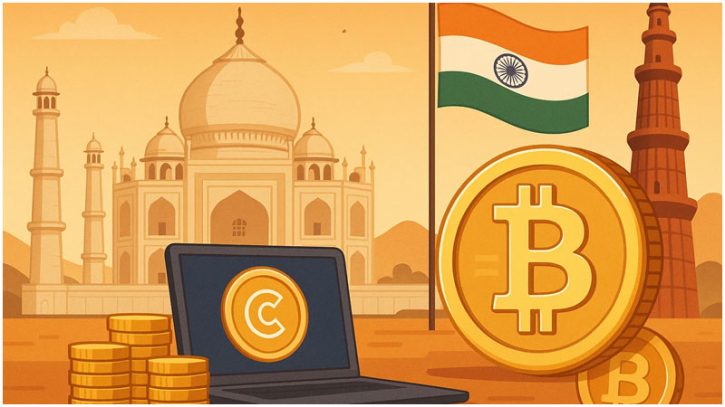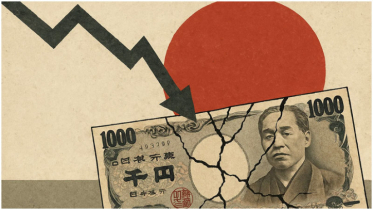India's crypto industry pushes for tax relief amid shifting government stance

India’s cryptocurrency sector is pressing for tax cuts as it senses a shift in the government’s attitude toward digital assets—spurred, in part, by warming ties with the United States under Donald Trump’s renewed presidency.
Once viewed with deep skepticism by Indian regulators due to concerns about criminal misuse, the crypto industry is now experiencing a thaw in relations with policymakers. Industry leaders say the Modi government has become significantly more open and willing to engage following Trump’s return to the White House and his pro-crypto stance.
“There’s been a big change,” said Ashish Singhal, co-founder of CoinSwitch, one of India’s largest crypto exchanges with over 20 million users. “We now have meetings with policymakers monthly, if not weekly, compared to barely twice a year before.”
At the heart of the industry’s lobbying effort is a demand to ease what it describes as punishing tax regulations introduced in 2022. These include a 30% capital gains tax and a 1% tax on every crypto transaction—measures the government said were designed to monitor illicit activity. However, a study by the Esya Centre, a Delhi-based think-tank, found that these rules pushed over 90% of Indian crypto trading to offshore platforms.
Singhal suggested reducing the transaction tax to 0.1%, arguing it would maintain traceability without stifling the market. “Thanks to Trump, the positive momentum in crypto is now influencing India as well,” he said.
Signs of renewed interest are evident. Global crypto giants Binance and Coinbase, which had previously exited the Indian market due to regulatory pressure, have re-entered. The Indian crypto market, projected to grow from $2.5 billion in 2024 to over $15 billion by 2035, is once again drawing intense competition.
“India can’t ignore crypto anymore,” said Kush Wadhwa, partner at Grant Thornton Bharat. “The challenge lies in managing money laundering and tax evasion risks—India isn’t rejecting crypto, it just wants better control.”
Shortly after Trump’s inauguration, India’s economic affairs secretary Ajay Seth announced plans to revise a key discussion paper on the country’s crypto policy. Though no tax relief was included in the February budget, the Bharat Web3 Association expressed disappointment and continues to push for reforms.
“Current taxation is a deal-breaker,” said Naga Harish of Mudrex, a Bengaluru-based exchange.
Coinbase, which secured a crucial Indian regulatory approval this year, also pointed to Trump’s influence. “There’s a growing understanding globally—and in India—that crypto can’t just be switched off,” said Tom Duff Gordon, the exchange’s vice president of international policy.
While the Reserve Bank of India (RBI) has long been a vocal opponent—once likening crypto to a Ponzi scheme—it has softened its tone under new governor Sanjay Malhotra. The central bank is now awaiting the government’s revised policy framework.
Singhal noted the RBI’s stance had shifted “from negative to neutral,” adding that full regulatory clarity may still be “a couple of years away.”
Another hurdle is public perception. “Many Indians still believe crypto is illegal,” said Suril Desai, a lawyer who challenged the RBI’s earlier banking ban on crypto. However, he noted that younger, affluent Indians are increasingly embracing digital assets. “They’re even persuading their parents to invest.”
.png)




